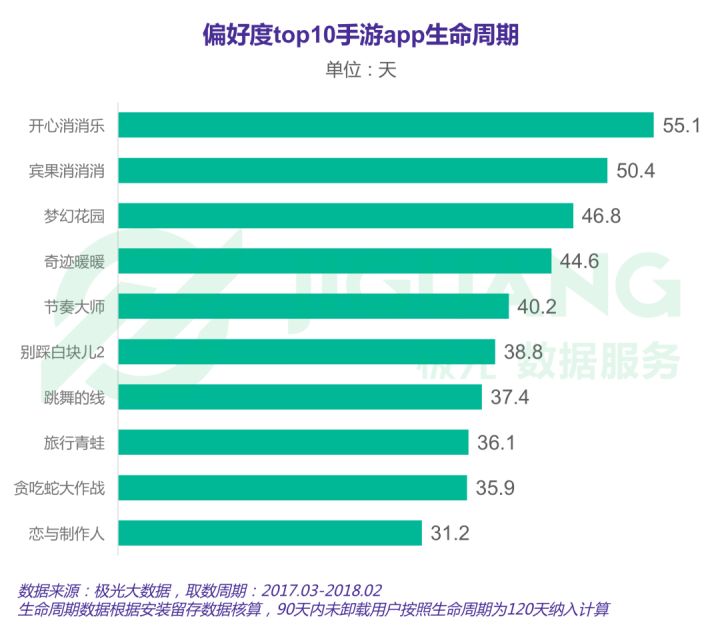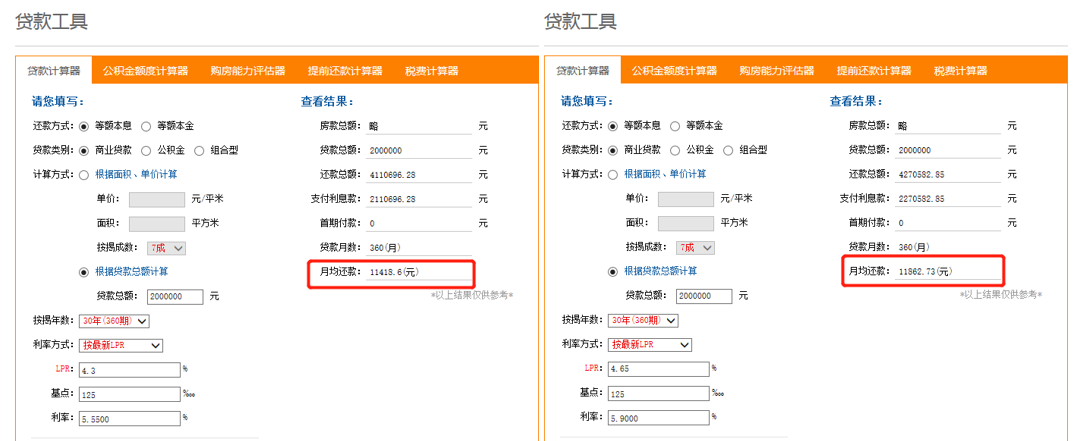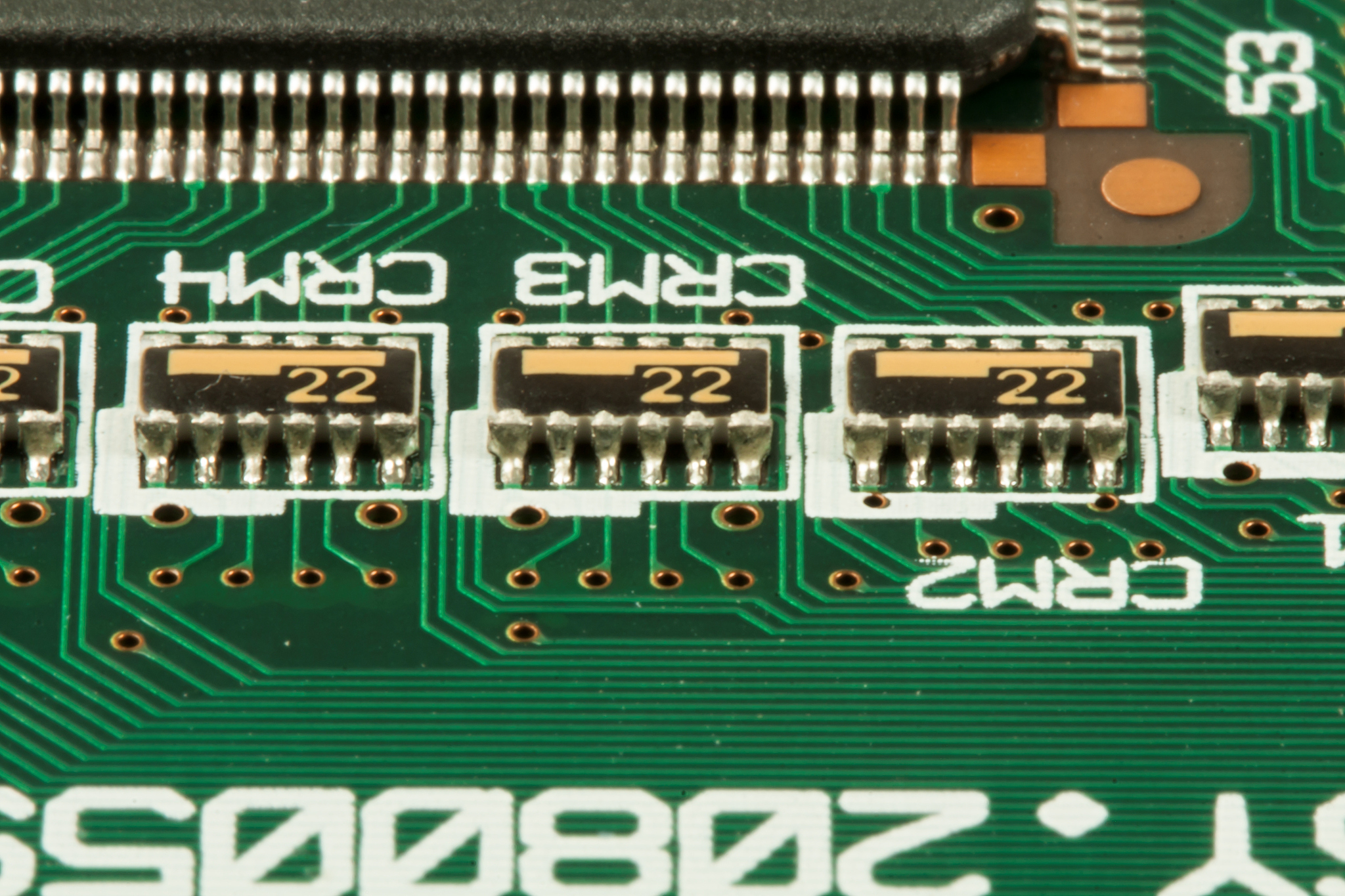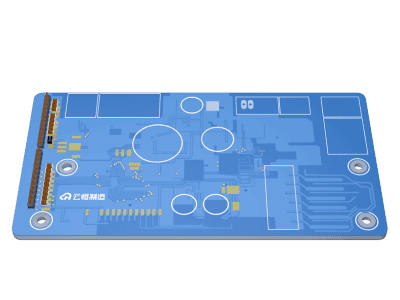MasteringtheLanguageofElectronicsIndustry:AGuidetoEnglishTerminologyandPhrases(电子工业英语怎么说读)
The electronics industry is a rapidly evolving field that has revolutionized the way we live, work, and communicate. Understanding the language used in this sector is crucial, as it opens up a world of opportunities for individuals across various backgrounds, from students to professionals. This guide provides an overview of essential vocabulary, common expressions, and key concepts to help you navigate the complex landscape of the electronics industry with confidence.
Core Terminology
Grasping the basic electronic components and their functions is fundamental to understanding the language of the electronics industry. Here are some essential terms:
1、Resistor: A passive electrical component that limits or regulates the flow of electrical current, controlling voltage levels in a circuit.
2、Capacitor: A passive electronic component used to store and release energy within an electric field, smoothing out voltage fluctuations.
3、Transistor: A semiconductor device that amplifies and switches electronic signals, functioning as an amplifier, switch, or signal modulator.
4、Integrated Circuit (IC): A single chip that combines multiple electronic components, significantly reducing size and enhancing functionality. They are the building blocks of modern electronic devices.
Common Phrases
In addition to core terminology, there are numerous phrases commonly used in the electronics industry that describe processes, operations, and device characteristics:
1、Printed Circuit Board (PCB): A board made of insulating material that supports electronic components and provides electrical connections between them through conductive pathways.
2、Surface-Mount Technology (SMT): A method for soldering components directly onto the surface of a PCB, offering higher component density and improved reliability.
3、Microcontroller Unit (MCU): A small computer on an integrated circuit chip, including a processor core, memory, and input/output peripherals, designed to manage the operation of embedded systems.
4、Overclocking: Operating a computer component faster than its official speed grade, potentially enhancing performance but also increasing heat generation and stability risks.
Key Concepts
To fully understand the world of electronics, several key concepts are important to grasp:
1、Voltage Regulation: Ensuring that voltage remains constant despite changes in load or source voltage, crucial for maintaining consistent performance in electronic devices.
2、Signal Integrity: Referring to the quality of the transmitted signal, ensuring it retains its original form without degradation due to interference or other factors.
3、Heat Dissipation: The process of removing excess heat generated by electronic components to prevent overheating and damage. Proper heat management is essential for reliable operation.
4、Electromagnetic Compatibility (EMC): The ability of an electronic device to function满意地在其电磁环境中运行,同时不会对环境中的其他事物引入不可接受的电磁干扰。
Conclusion
By familiarizing yourself with the core terminology, common phrases, and key concepts outlined above, you will be well-equipped to engage in discussions about the electronics industry and understand technical documentation more effectively. Remember that practice makes perfect; use these terms and phrases in context as often as possible to solidify your understanding. Mastering the language of the electronics industry is an investment that pays dividends in knowledge and opportunity, whether you're looking to further your education, advance your career, or stay informed about technological advancements.


















